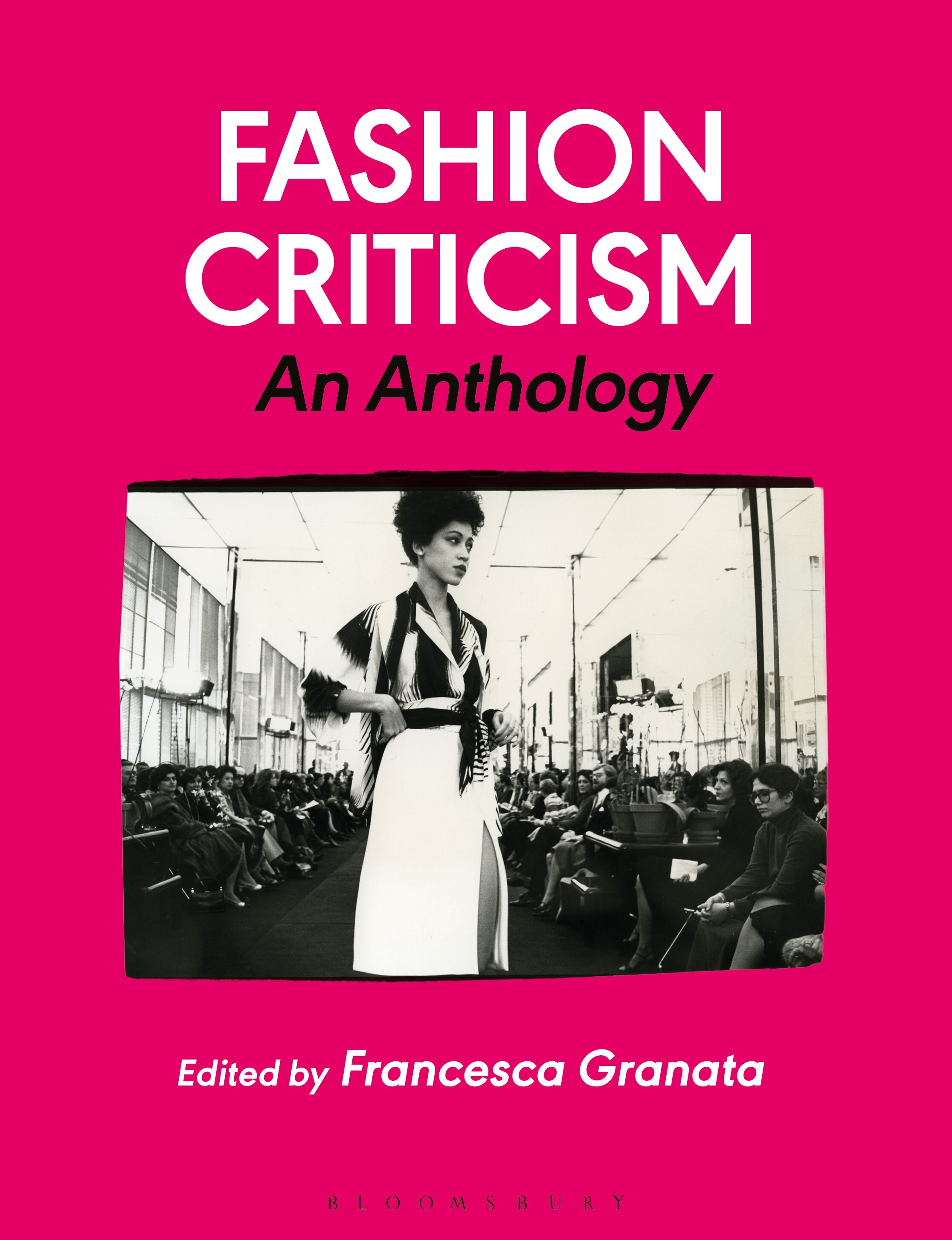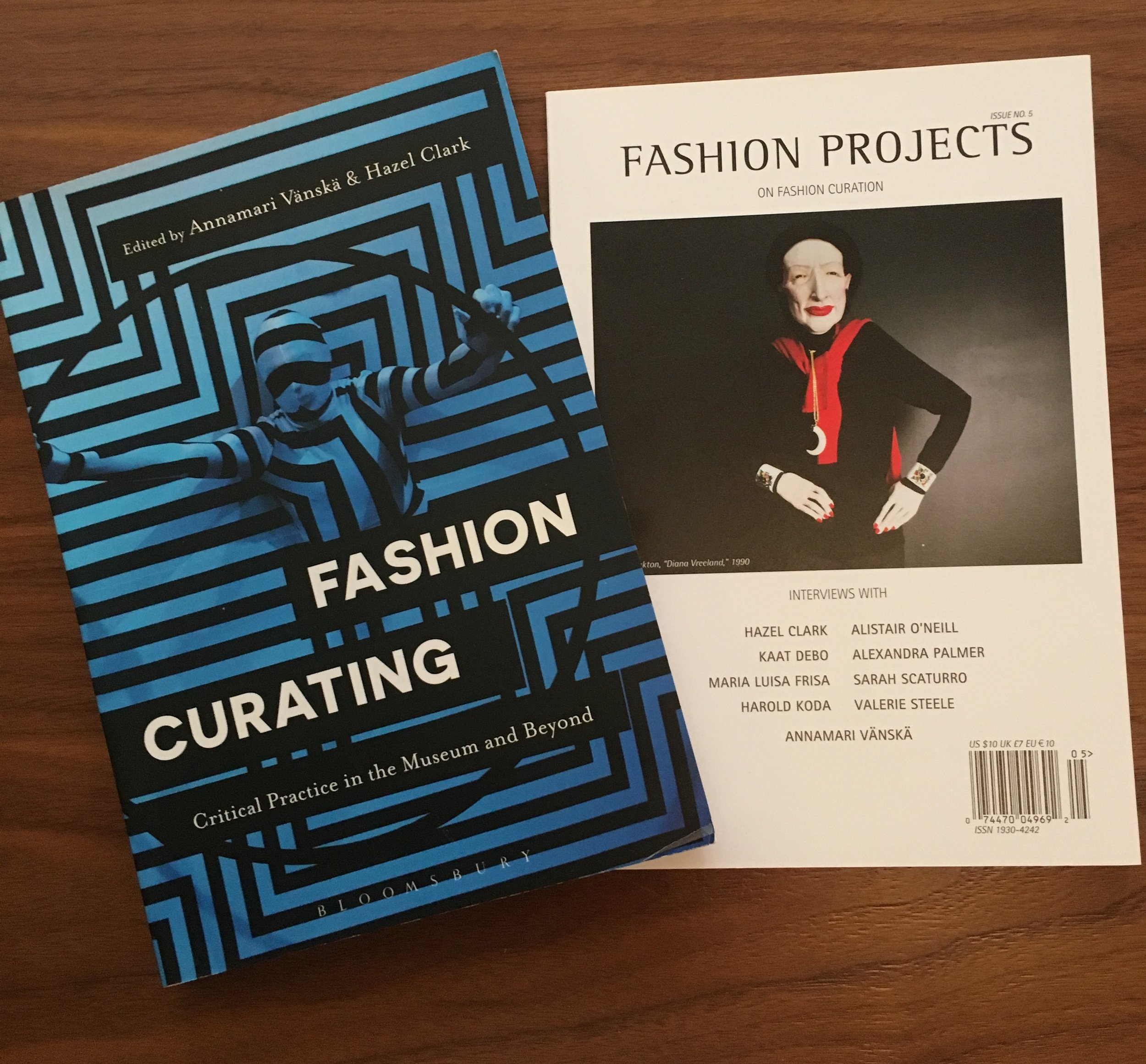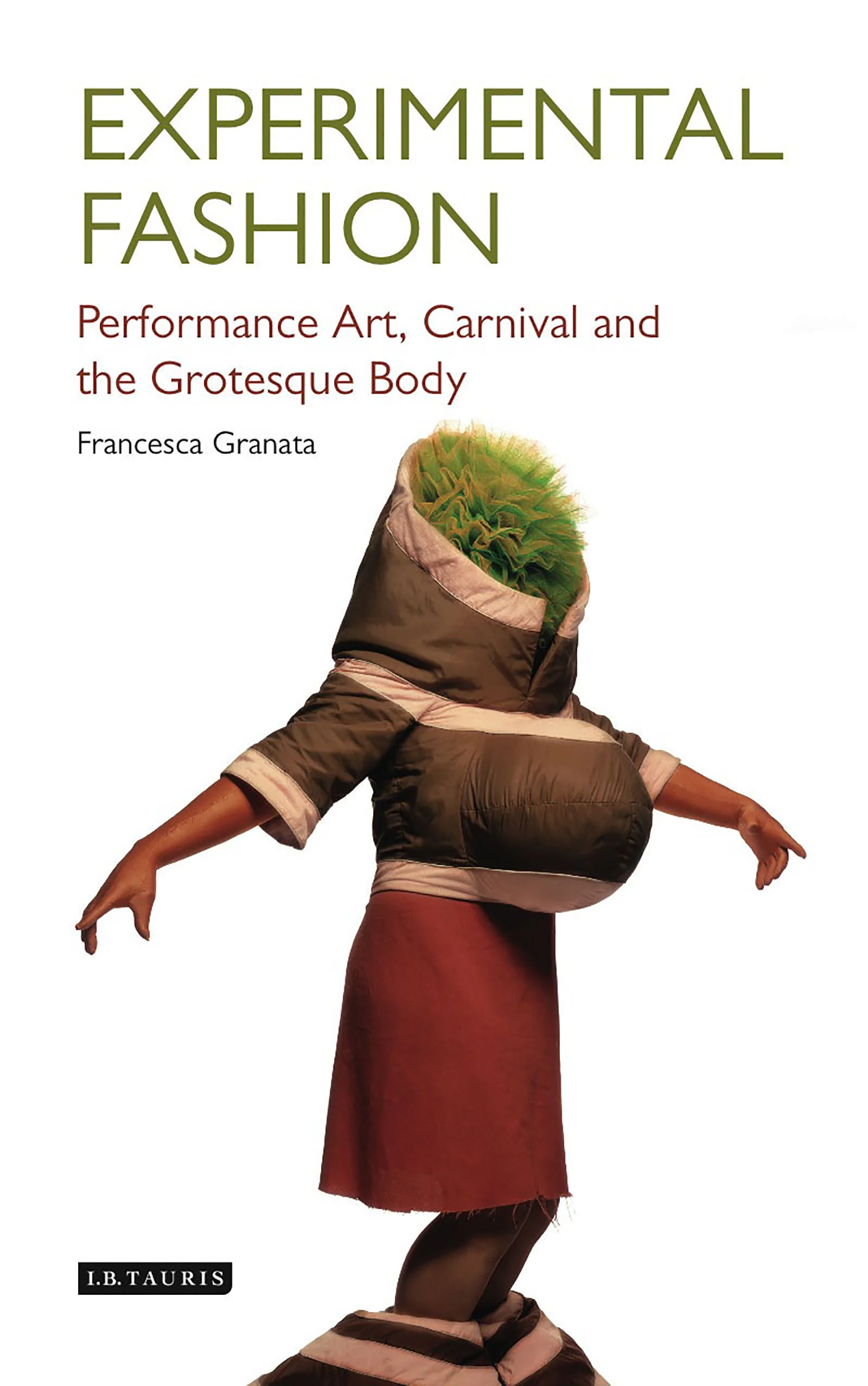FP: I love the idea of curator as artist as well, and so the fact that you inserted yourself into this actual exhibition through your own work: what was that experience like?
JMS: I’m not a trained curator. I’m an academic. So, my method of curation is very unorthodox in a lot of ways—I just sort of do it organically. But I’m also a creative person, and so, I don’t know, one day—I’ve always held on to my diplomas. Not because I have some sort of attachment to them, but just because it’s something that you’re supposed to do—I don’t really care about it, it’s just a piece of paper to me. It’s the process of doing the work to get the diploma that meant more to me than the actual diploma. But I’ve held on to them, they’ve gone from apartment to apartment in a little sleeve. And I slid them under my bed. And I was just sitting there, reflecting on being an African American man, having three degrees, being a professor, and knowing that these universities have this problematic history that they’re not really grappling with in any substantive way. One day I just pulled them out and started painting over them and I created these pieces. And I actually tried to draw a connection between diplomas and freedom papers carried by enslaved peoples.
FP: I feel like that carries such a strong affective nature, especially when considering who would be coming in contact with the work at an institution of higher education.
JMS: It’s funny, people were horrified when I would give tours of the exhibition and I’d say “I actually created this piece, and these are my diplomas I’ve painted over.” They’d ask me if they were copies. I would tell them that they were my actual diplomas to their chagrin.
FP: I love that. I feel like people apply a weird sanctity to them even though it’s really about the knowledge you gain from an institution rather than having the evidence that you’ve gone through the curriculum. Well with the conversations that are erupting on the mainstream on account of the Black Lives Matter movement about contemporary structures like the prison industrial complex, how do you see sartorial codes of resistance being represented in our contemporary moment?
JMS: Yeah, it’s interesting, because I feel Black lives are trending right now. But they’re not trending—, they’ve always been trending for me. It’s not a new thing. You know, every day is Juneteenth on Fashioning the Self. I’ve been doing these posts before this current moment; I’ll continue doing these posts after Black lives aren’t trending. When the novelty wears off. But I have to say that one thing that I’ve noticed is that I’ve gotten greater visibility. And that people are listening closer. So it’s sort of forced me to take my role as an educator and public intellectual more seriously.
[In regards to sartorial codes,] I see two things happening. I’m seeing some Black Americans retreating to what might be called respectability politics. So, for instance … in Omaha, Nebraska there was a march staged and several Black men in suits led the march. And part of me thinks that’s problematic because being a Black feminist, I actually think it’s Black women who have led the charge in most radical movements. So I kind of took umbrage with these Black men wearing suits and sort of leading the charge … suits won’t protect you from bullets. I feel like that lesson has been learned decades ago … I understand where they’re coming from; you have these ideas about Black men and we’re going to counteract that by wearing the suit which has long been associated with cis het maleness and respectability. So I get the impulse to do that, but I just don’t think—and it’s long been proven—that it’s not effective. Wearing a suit is not going to protect you from state sanctioned violence. And then, of course, I think on the other side, I think people are sort of leaning into their Blackness. And embracing the sartorial ingenuity of the African diaspora, whether it’s wearing prints that reflect African heritage in some respect, or wearing head wraps, or wearing something that’s a visual cue to African pride or African diasporic pride. So I see two sides, two sort of camps that are developing.
FP: Do you have any new plans on account of the “new COVID world” where a lot of life is more enmeshed in the digital realm?
JMS: You’ve probably noticed that I’m very active on social media. And I’ve always been a big proponent of digital humanities projects. I think I’m almost like a higher education abolitionist if that makes sense. I want to democratize higher education, I think it should be accessible to everyone. I hate that people don’t go to school because it’s costly. I think that’s a shame. And I try to share the information that I have in my classes and make it available online. For example, if you go to my website, most of my syllabi are web based, and you can see what I teach in my classes, and you can click on the links and be sent to the readings. So you can almost take the class yourself if you want to. So I’m really trying to radicalize my pedagogical practice. And I think social media is really instrumental in that. But also, it’s a double-edged sword, I have to be honest. I think social media doesn’t always lend itself to thoughtful reflection and critical analysis. I am an aesthete. I’m a visual person, like I’m a material person. So I get—I get Instagram. I get Facebook, but what frustrates me about it is that everything has to be driven by a compelling image. And in the case of enslaved people, sometimes there’s some amazing stories, but sometimes there just isn’t that beautiful, compelling image to go along with it. And so, you know, there’s been times when I’ve worked really hard on a post or a YouTube video, but it wasn’t attached to an object or an image, and it just didn’t get the traction just because there wasn’t that visual element.
I’m really into radical approaches to higher education and expanding the conversation. I’m inspired by other academics, but I’m also inspired by artists, and I’m inspired by curators. I feel social media lends itself to those kind of conversations in a way that higher education doesn’t. I’ve been taking my IG Lives and posting them on YouTube in an attempt to create my own stand-alone institution.
I’ve been thinking about that a lot. Because, you know, I really love the idea of working for myself. And, I mean, honestly—in a world capitalist system, there really is no such thing as working for yourself. But, you know, a lot of these institutions are problematic in some way—and for a number of reasons, I’ve questioned being affiliated with them or being attached to them. And sometimes I feel more comfortable being attached to a platform like Facebook, or Google, or YouTube. Even though they’re problematic too. They’re problematic. But I don’t come face to face with it the way I do in institutions. So I’ve been really interested in building a more robust online presence.













